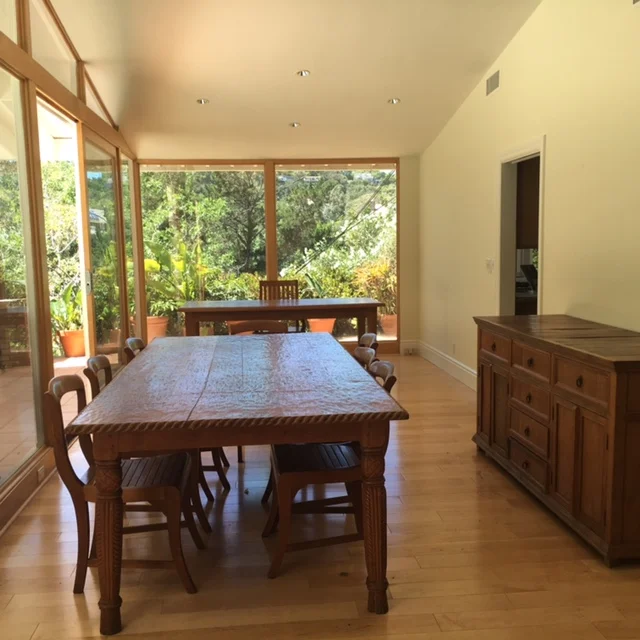How to save money fast
By Maya Deleon • Bankrate.com
Syda Productions/Shutterstock.com
As much as 47 percent of Americans have no money in savings and would be challenged to pay for an emergency that cost more than $400, according to a 2015 report published by the Federal Reserve Board's Division of Consumer and Community Affairs.
With many families living paycheck to paycheck, the idea of saving even a few dollars seems out of reach. However, there are a few things people can do to learn how to save money fast and build up a savings account. By changing a few common spending habits, you can avoid spending more than you need to.
Five ways to save money fast:
- Set up automatic payments for bills
- Switch banks
- Sign up for rewards and loyalty programs
- Buy with cash instead of credit
- Stop paying for convenience
- 1. Set up automatic payments for bills
With busy lives and busy schedules, it's common for people to forget to pay some bills on time. One of the easy ways to save money is to simply pay your bills when they're due.
Companies typically charge a 10 percent to 15 percent late fee for any balances that are overdue. While this might amount to just $5 here or $10 there, those fees quickly add up, especially if you pay multiple bills late.
Set up automatic payments for bills to ensure they're paid on time and avoid the late fees. It's important to keep an eye on your bank account balance to avoid overdrafts of the account and accumulating additional fees.
2. Switch banks
Banks make their money from fees. In fact, the top three banks in the U.S. -- JPMorgan Chase, Bank of America and Wells Fargo -- collected more than $6 billion in overdraft and ATM fees alone in 2015, according to Time.
If you pay monthly fees for a checking or savings account, it's time to switch banks. There are several banks that offer free accounts, and some that will even give you money just for opening an account. Move your money to a new account and stop paying fees to the bigger banks.
3. Sign up for rewards and loyalty programs
There's a good chance that you already have discount cards for grocery stores and drug stores in your area. If you don't, sign up for immediate savings on food, household supplies and other goods you use on a daily basis.
If you do, then make sure you're using the programs to their fullest. Sign up for emails and download apps to receive additional savings. Use the cards regularly for help saving money at the checkout or to earn rewards for free items, discounts at the gas pump or even money off of future purchases.
4. Buy with cash instead of credit
You can trick your brain into saving money every time you got to the store by using cash instead of a credit card to make a purchase. If you have $100 in cash, that's your limit.
You have to start putting items back if you exceed that limit. If you have a credit card, you can go over your $100 limit and justify it by saying that you were close.
5. Stop paying for convenience
It's the American way to pay for convenience. People are willing to pay $5 for a taco they can make at home for less than $1. They pay $6 for a cup of coffee at a local café rather than brew an entire pot of coffee at home for a few pennies.
Whenever companies develop new, convenient products and services, people are all too willing to pay for them. Taking a little extra time out of your day to make your own food, brew your own coffee or clean and repair things around the house can fatten up your bank account quickly.
Conclusion
Changing spending habits takes time and can be difficult, but everyone can use help learning how to save money fast. By analyzing how you spend your money, creating a budget and actually sticking to it, you can start saving a little bit of money here and there.
That small savings quickly adds up, and you can find yourself with more money left in your checking account at the end of a week or month and a fatter savings account by the end of the year.
www.Bankrate.com

